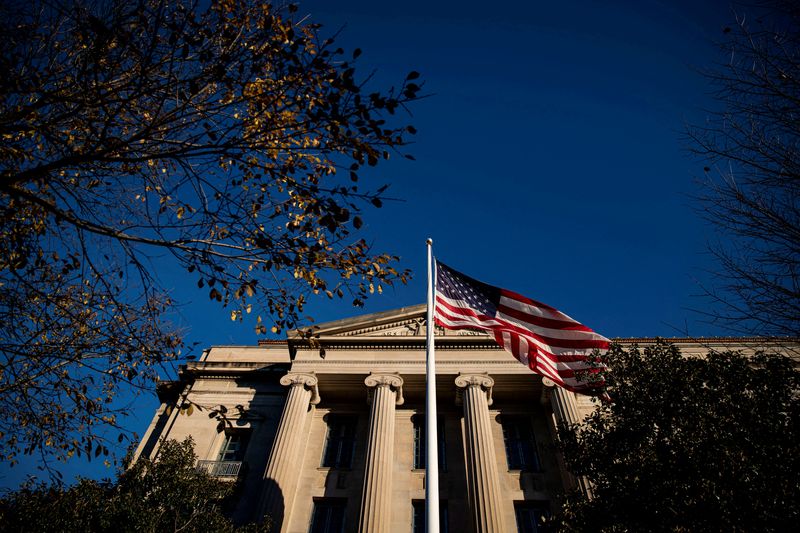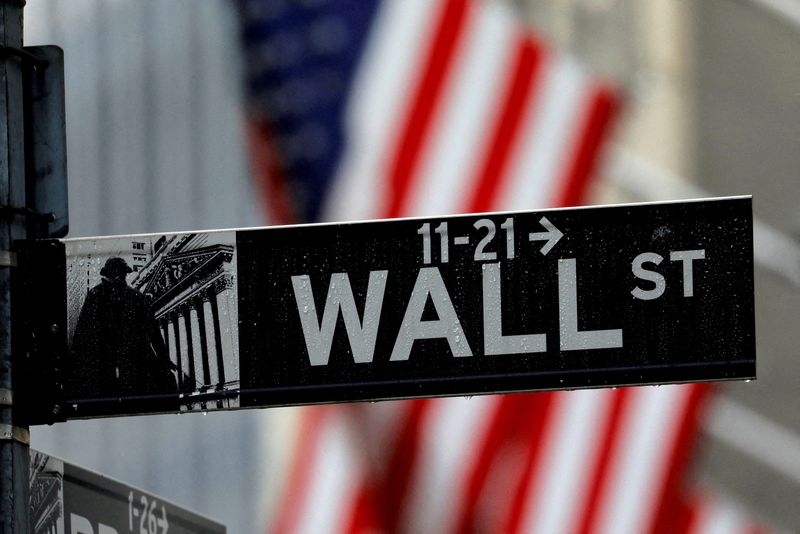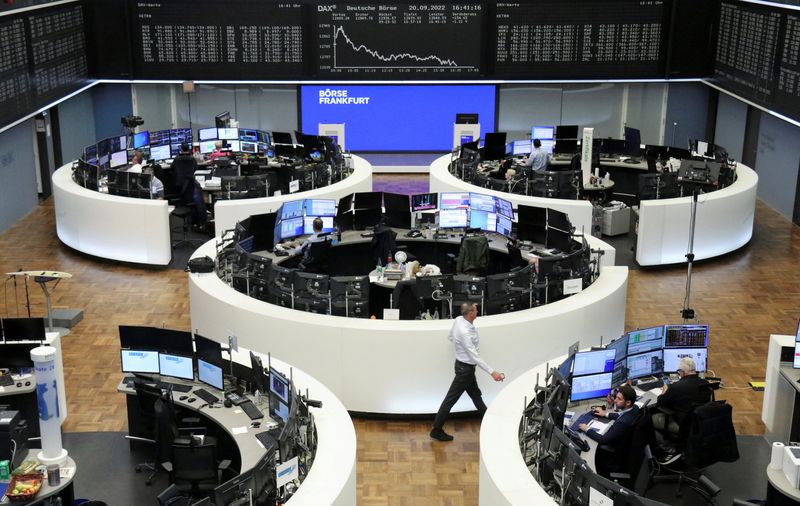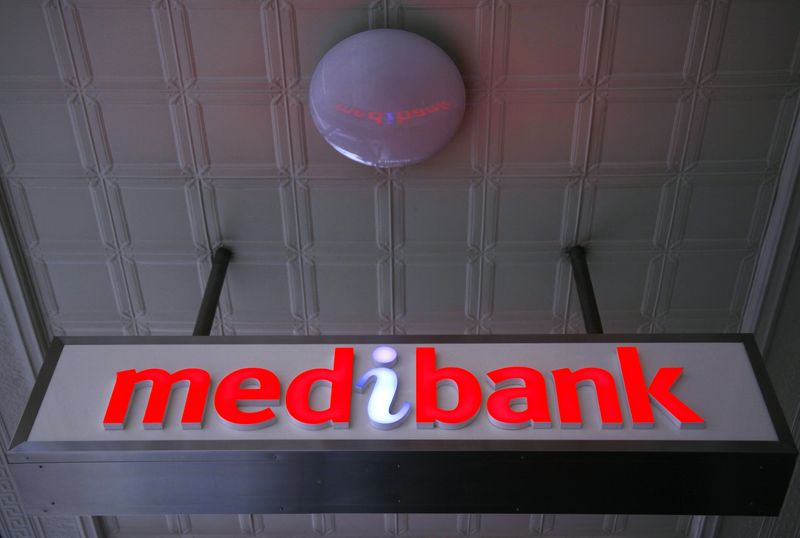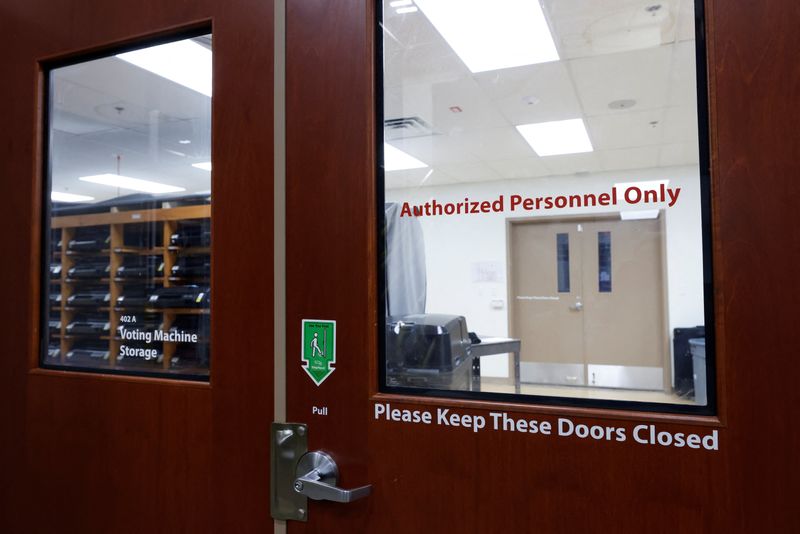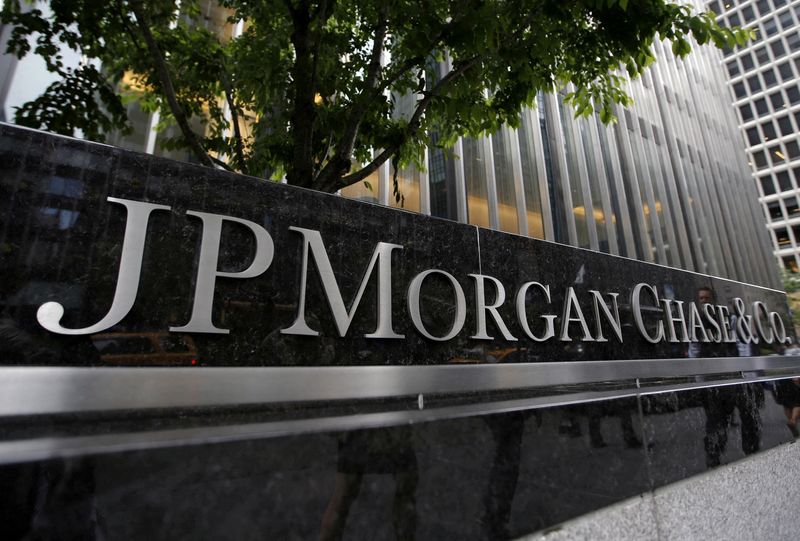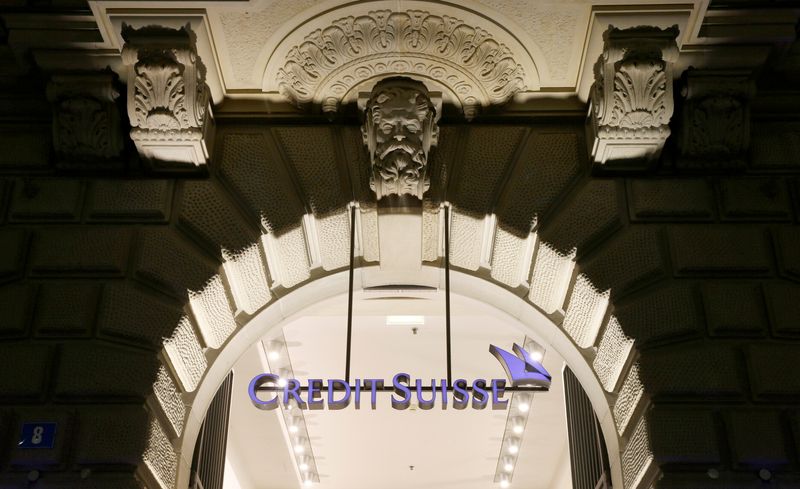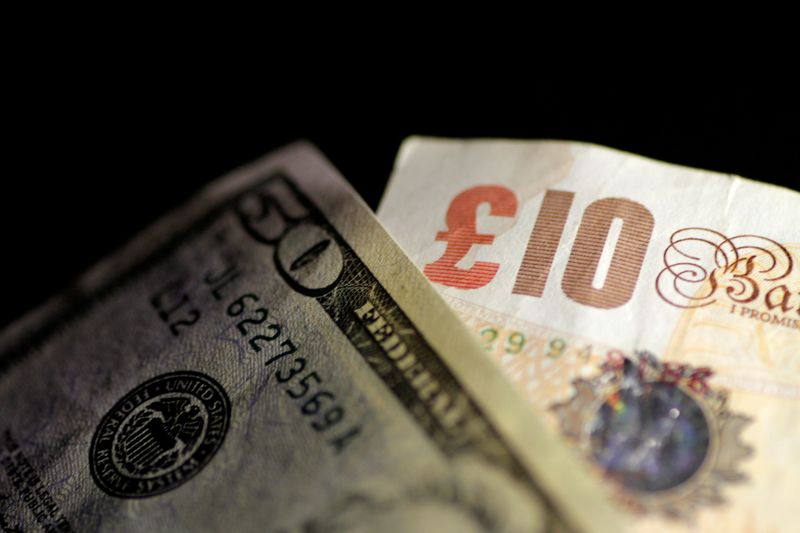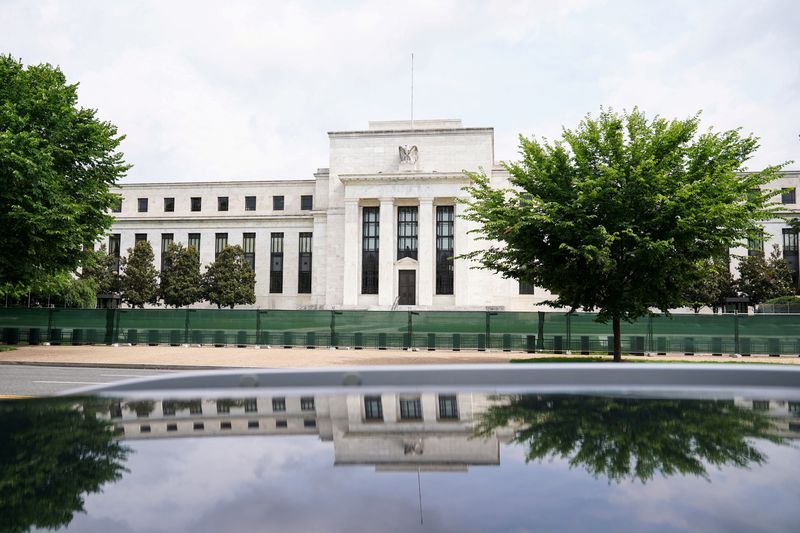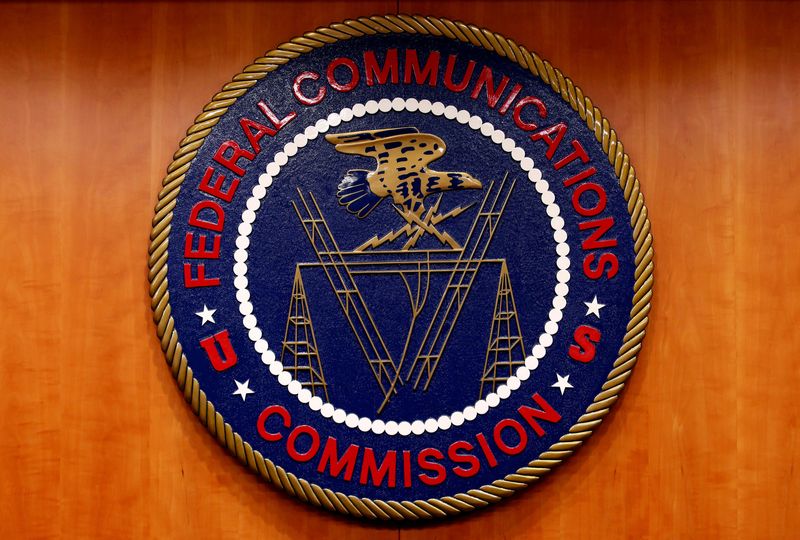Assistant U. S. Attorney Shane Harrigan (619) 546-6981 and Fred Sheppard (619) 546-8237
NEWS RELEASE SUMMARY – October 17, 2022
SAN DIEGO – Abdullahi Ahmed Abdullahi, a Canadian national and former resident of San Diego, was sentenced in federal court today to 20 years in prison for conspiring with others to provide material support to terrorists engaged in violent activities such as murder, kidnapping and maiming of persons in Syria.
“Today we have delivered justice to a man who directly funded violent acts of terrorism,” said U.S. Attorney Randy Grossman. “Our most important job is protecting Americans from terrorists. The case against Abdullahi has done just that.”
“Protecting the American people from terrorism—both international and domestic—remains the FBI’s number one priority,” said FBI Special Agent in Charge Stacey Moy. “Abdullahi committed violent, unlawful acts to obtain money, then used that money to support the murder, torture, and extreme violence that ISIS represents. The FBI will continue to investigate all who support terrorist organizations, whether it be financially or through other means.”
According to the government’s sentencing memorandum and Abdullahi’s plea agreement, Abdullahi provided both money and personnel to support the violent jihadist activities of the Islamic State of Iraq and Syria (ISIS), a foreign terrorist organization. From November 2013 through March 2014, Abdullahi encouraged, aided and financially assisted six North American nationals in traveling to Syria where they joined the Islamic State of Iraq and Syria (ISIS) and engaged in armed battles to gain control of the territories and civilian populations within Syria. These six individuals included his three cousins from Edmonton, Canada, an 18-year-old cousin from Minneapolis, as well as San Diego resident Douglas McAuthur McCain.
On September 15, 2017, pursuant to an extradition request by the United States, Canadian authorities arrested Abdullahi. Abdullahi was detained in Canadian custody without bail, pending extradition. On October 24, 2019, Canada extradited Abdullahi to San Diego to face the material support charges in the indictment and pleaded guilty to all charges on December 17, 2021.
Abdullah admitted that following the departure of those foreign fighters, he also caused money to be wired to third-party ISIS intermediaries in Gaziantep, Turkey (located approximately 40 miles from the Syrian border) for the purpose of continuing to support his coconspirators in violent jihadist activities on the battlefield. All six individuals were subsequently reportedly killed fighting for ISIS.
Abdullahi also admitted that in order to finance the travel of others to Syria, members of the conspiracy encouraged Abdullahi and others to steal and commit fraud against the “kuffar” (a pejorative term used to describe non-Muslims), claiming that such criminal activity was permissible under Islamic law. Abdullahi admitted that in order to raise funds to support the violent terrorist activities in Syria, he personally committed a violent crime – the January 9, 2014, armed robbery of an Edmonton, Canada, jewelry store. Within weeks after committing that robbery, Abdullahi wired monies to San Diego, totaling approximately $3,100, for the purpose of financing the travel of Douglas and the 18-year old Minneapolis cousin’s travel to Syria to join and fight for ISIS.
Douglas, a former San Diego resident, is the first known American to die fighting for ISIS. He departed from San Diego in March 2014, and on or about August 25, 2014, he was reportedly killed fighting for ISIS against Free Syrian Army forces. Douglas’ brother, Marchello McCain, was previously convicted in San Diego federal court and sentenced to 10 years in custody for illegal possession of a cache of firearms and providing false statements to FBI agents regarding his knowledge of the conspiracy, including the involvement of Abdullahi.
During the course of the conspiracy, Abdullahi and his coconspirators created and used email accounts so that foreign fighters, facilitators and recruits could communicate and avoid law enforcement detection. Abdullahi and his coconspirators used these draft emails to recruit others to travel to Syria and join ISIS, coordinate their travel from North America to Syria, communicate regarding the financial and other resource needs of the ISIS foreign fighters, and relay information regarding ISIS’ armed efforts to establish a Caliphate in Syria.
Grossman thanked the prosecution team as well as FBI San Diego and the federal, state and local law enforcement partners at the San Diego Joint Terrorism Task Force for their hard work and dedication to the multi-year, complex investigation that led to today’s sentencing. Grossman also expressed gratitude for the assistance of the Department of Justice’s Office of International Affairs and Canadian law enforcement partners, including the Royal Canadian Mounted Police; Edmonton Police Services; the Alberta Crown Prosecution Service; the Public Prosecution Service of Canada; and the Canada Crown Prosecutor’s Office, all of whom have been instrumental in the United States’ efforts to prosecute Abdullahi and combat international terrorism.
DEFENDANT Criminal Case No. 17CR0622-W
Abdullahi Ahmed Abdullahi Age 37 Edmonton, Alberta, Canada
SUMMARY OF CHARGES
Conspiracy to Provide Material Support to Terrorists – Title 18, U.S.C., Sections 2339A(a)
Maximum penalty: Fifteen years in prison and $250,000 fine (per count)
Providing Material Support to Terrorists – Title 18, U.S.C., Sections 2339A(a)
Maximum penalty: Fifteen years in prison and $250,000 fine
INVESTIGATING AGENCIES
San Diego Joint Terrorism Task Force
Federal Bureau of Investigation
Federal Air Marshal Service
Department of Homeland Security, Homeland Security Investigations
Department of Homeland Security, U.S. Border Patrol
U.S. Customs and Border Protection Office of Field Operations
